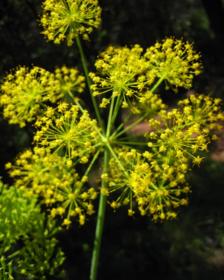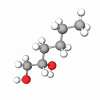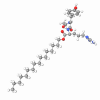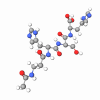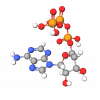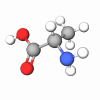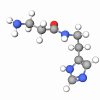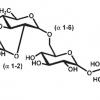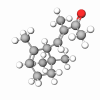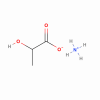Fennel (Foeniculum vulgare Miller) seeds contain considerable quantities of oxidoreductase enzymes. Oxidoreductases are active antioxidant enzymes such as Superoxide Dismutase, Catalase, or Peroxidase, that destroy reactive radicals in the cells as well as water-soluble organic peroxides released from damaged cell membranes.
Traditionally, fennel is used as a flavoring agent in food and beverage preparation. Fennel seed extracts have been used medicinally as aphrodisiacs, cardiotonics, and stimulants. Foeniculum Vulgare Seed Extract belongs to a group of plant extracts that are capable of mimicking the effects of estrogen in mammals. These effects could conceivably offset the visible effects of menopause in women or the visible effects of excessive testosterone in men.
The seeds of the fennel plant (Foeniculum vulgare) are minced into a purified warm water solution, where temperature, pH, and osmotic parameters are carefully manipulated. The cells are then disrupted and the active fractions containing the enzymes responsible for protection are then isolated. Then Foeniculum Vulgare seed extract gets standardized to 200μM/g Peroxidase.
Foeniculum Vulgare Seed Extract in cosmetic formulations provides a layer of enzymatic protection. Destructive oxygen is one of the chief hazards to cells. Many actives have addressed the issue of scavenging the Superoxide radical. What most people neglect is the fact that when the Superoxide anion is neutralized, specifically by superoxide dismutase, hydrogen peroxide is generated. Hydrogen peroxide is a highly destructive reactive oxygen species.Hydrogen peroxide can affect cells through a variety of mechanisms. Hydrogen peroxide can also react directly with cell lipids producing lipid peroxides. Additionally, hydrogen peroxide can react to form highly reactive hydroxyl radicals via the Haber-Weiss reaction.
The problem with destructive oxygen species is that they tend to propagate their destructive power. This destruction can take the form of damaged proteins, compromised genetic information, or ruptured cell membranes. All of these destructive effects lead to accelerated aging.
In the case of UV-induced damage, this is referred to as photoaging. Photoaging along with smoking are the two most serious causes of accelerated extrinsic aging. As the body ages and the skin is exposed to these environmental stresses, the activity of the enzymes responsible for protection is greatly reduced. One of the most recognizable signs of the detrimental effects of environmental stress (the effects of destructive oxygen) is redness. A product that is capable of blocking the damage caused by environmental stress will prevent the development of the associated erythema.
Enzymes, such as Peroxidase, are capable of transforming reactive peroxides into an innocuous form. In the case of Foeniculum Vulgare Seed Extract scientists have measured this performance both by evaluating the reduction in UV-induced erythema, as well as a direct measurement of the retardation of lipid peroxidation.The use of hair dyes may also be considered a form of environmental stress. One of the most common problems associated with the application of permanent hair dye is the residual hydrogen peroxide on the hair which can shift the color of the hair and produce damage to the hair lipids. By scavenging the residual peroxide, Foeniculum Vulgare Seed Extract can prevent these problems within the hair and nourish the scalp.
